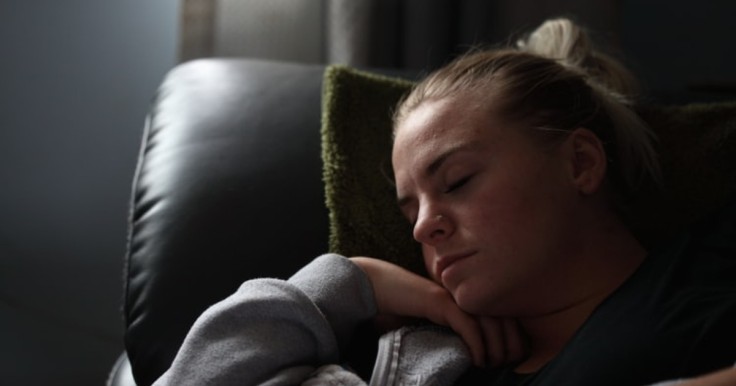
When parenting used to be fun, something you are grateful for, and not something you just tolerate and is so exhausting that parents start to withdraw from children—this is what parental burnout looks like. Those who struggle with parental burnout may deal with feelings of guilt. But, why do parents burn out with parenting their children, and in which countries are parental burnout more prevalent?
Research on Parental Burnout
A UCLouvain study in Belgium conducted a study on parental burnout in 42 countries. There were more than 17,000 parents who participated in the research collected between 2018 and before the pandemic lockdown in March 2020. The study revealed that Western countries or Euro-American countries had the highest prevalence of parental burnout, Science Alert reported.
The team of researchers collected necessary data through a questionnaire that noted not just the sociodemographic characteristics of the parents, but also their family dynamics. They were also asked if they recently felt emotionally distant, lost pleasure in parenting, emotionally exhausted—comparing these with their previous parenting.
What is Parental Burnout?
Researchers began to recognize exhausted primary caregivers that have gotten overwhelmed by their role, Indian Express noted. The study was essential as burnt-out parents would start to distance themselves from their children. They may neglect their children, become ineffective caregivers, and become emotionally distant parents.
Why Parents Burnout—Possibly a Major Reason
The researchers found an interesting link between individualistic cultures and high parental burnout. Studying the burnout rates across countries with different traits and cultural values, the researchers observed that parental burnout was more likely where individualism is adopted.
Lead researcher Isabelle Roskam, a developmental psychologist noted, individualism plays a significant role.
The results of the study showed that the U.S. had the second-highest prevalence of burnout, only next to Belgium and higher than Poland. In contrast, countries with the culture of collectivism, believing that "it takes a village to raise a child", had lower risks of parental burnout.
Further, the researchers determined no other factor that stands out as much as individualism as a risk for parental burnout. Regardless of the number of children the parent has or how many hours are spent alone with the kids, parents are more likely to burn out due to individualism.
The Demands of Parenting Nowadays
Sociologists have observed parenting norms particularly in Euro-American countries have become more demanding over the last half-century. Researchers suggested that such high demands on parents have resulted in intense parental investment and psychological pressure.
Even the most basic of parenting have become morally and politically charged, noted the researchers, adding that anything less than optimal is now considered as perilous to parenting.
ALSO READ : 4 Steps to Becoming a More Resilient Parent
How to Prevent Parental Burnout
The researchers suggested the importance of reviving cultures of sharing and mutual aid within a community. Simply, the way out of parental burnout is to accept that parents need not do everything by themselves. Also, it is vital to reduce pressures causing parental burnout. Roskam advised, "abandoning the cult of being the perfect parent." The better route would be to listen to different parenting advice for the purpose of gaining perspective and then choosing which best works for you and your kids.